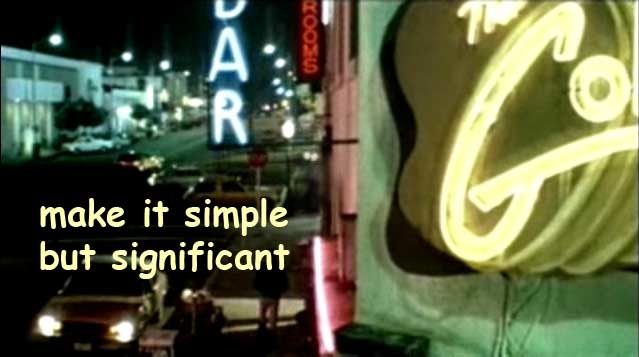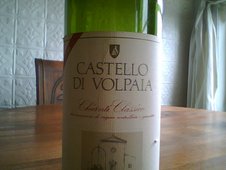Perhaps part of the problem was that the niche market for the oddball liqueur was a static one. For decades, there was but one brand of the stuff: Jeppson's Malört. But now, suddenly, there has been a 100% increase in selection. That's right: there are now two Malörts on the Chicago market. The second is being made and sold by a bartender at The Violet Hour cocktail bar, in collaboration with a local distiller. It is called R. Franklin’s Original Recipe.
Then again, maybe there is still only one Malört. When writing this piece for the New York Times, I tried to contact the Jeppson's people. They did not get back to me until after the item had ran. Patricia D. Gabelick, president of Jeppson's, had this to say: "what Leatherbee is planning on producing is not a Malört. A true Swedish Malort cannot be over 80 proof. With all the additives and the high proof it certainly sounds like an Absinthe."
Here's the article:
Here's the article:
Another Taste of Malört Is Arriving in ChicagoBy ROBERT SIMONSON
If you’ve ever downed a dram of Malört, there’s little chance you’ve forgotten the experience. The wormwood liqueur’s flavor is so intensely bitter and sharp, you probably thought you had somehow offended the bartender, and he or she was now exacting revenge. The taste has been compared — by advocates and detractors alike — to rubbing alcohol, bile, gasoline, car wax, tires and paint thinner.
Probably because of its limited appeal, Malört has remained a regional phenomenon for decades. It is consumed almost exclusively in Chicago and rarely seen outside city limits. And even the mixologist community there is split in its attitude toward the stuff. Some consider it the devil’s distillate, unfit for consumption by man or beast. Others embrace it as a cherished local tradition and feature it in swanky bespoke cocktails.
Both views are based on one product: Jeppson’s Malört. Produced by the Carl Jeppson Company, which was founded in 1930s Chicago by an immigrant from Sweden — the spirit’s ancestral home — it is the only Malört made in the United States.
Soon, however, Jeppson will have some competition. Violet Hour, a leading cocktail bar in Chicago, is collaborating with Letherbee Distillers, based in the city’s Humboldt Park neighborhood, to create an in-house expression of Malört.
“The first time I tasted Malört five years ago,” said Robby Haynes, the bar manager at Violet Hour, “I didn’t find it unpleasant, but I thought ‘Wow, what was that?’ It was intense and bitter and floral and all these things. Now, when I take a sip, I find it to be less remarkable. I don’t know if my palate changed or what happened. I wanted to make something that lived up to what Malört was like in my head.”
Mr. Haynes began constructing his own recipe, occasionally incorporating it into cocktails served at the bar. When he wanted to produce the liquor in greater quantities, he brought his idea to Letherbee, whose gin he admired. The new brand — which will be poured only at Violet Hour and not be available for sale to consumers — will go by the name R. Franklin’s Original Recipe. (Franklin is Mr. Haynes’s middle name.) The concoction is infused not only with the requisite wormwood, but also with grapefruit peel, juniper, elderflower, star anise and other botanicals.
“I think what we’re doing is significantly more nuanced and layered,” he said of the new interpretation, which is bottled at 100 proof. (Jeppson’s is a mere 70 proof.) “It has a beginning, a middle and an end. It’s not just flat — ‘Here’s something that’s bitter, but tapers off.’”
Even in its new iteration, Malört is not likely to inspire a majority following, even among stout-hearted mixologists. “When I first tasted Malört, I think my first reaction was to spit it out,” said Lynn House, mixologist at the restaurant Blackbird, and a prominent figure in the Chicago bartending community. “I likened it to distilled dirt. I appreciate that the Chicago bar community has claimed it as it’s own. It is like that weird uncle everyone had; not sure what it’s about, but many love it.”
But dissent is O.K. by Mr. Haynes. “There’s a small contingency of people that are into it,” he said. “It’s not intended to be for the masses.”



No comments:
Post a Comment